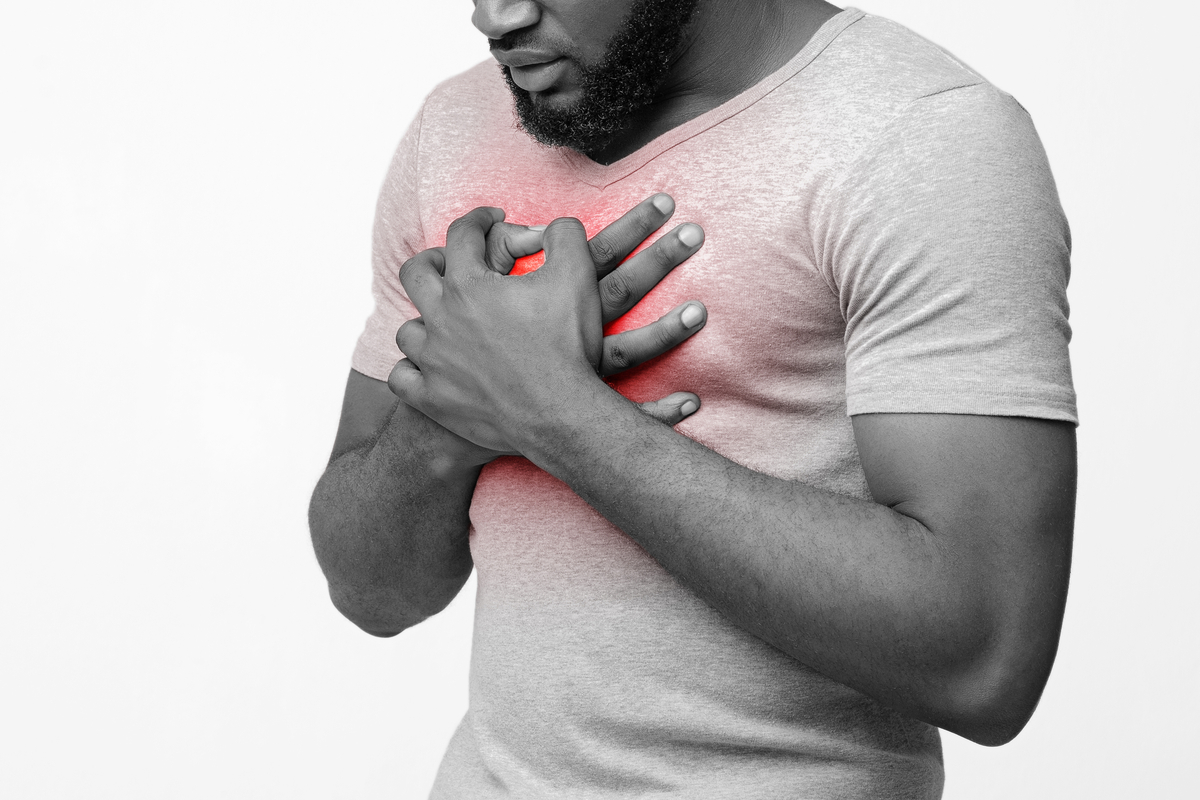Heartburn is never fun. The pain and discomfort it causes are often enough to put the brakes on any activity or interrupt a needed night’s sleep.
As many as 60 million Americans experience heartburn on at least a monthly basis, according to various expert estimates. That makes this one of the nation’s most common health problems.
If there is any silver lining to this, it is that there are a number of effective treatments available to help relieve or prevent heartburn. However, chewable antacids and medications that help manage stomach acid are both made of chemicals. While these chemicals have been safety-tested repeatedly and are absolutely safe to the general public, they can also be pricey and plain-old unattractive to those looking to reduce the overconsumption of artificial ingredients.

What, exactly, is heartburn?
For the record, heartburn has nothing at all to do with your heart. It all takes place in the stomach, where powerful acid digests food. When this acid is produced in excessive quantities, it fills the stomach and backs up into your esophagus, which is far more sensitive to the acid.
Heartburn often comes on not long after eating and may not go away for a number of hours. It can persist into or even start overnight. Coughing or hoarseness are not uncommon secondary symptoms behind the well-known burning sensation from the excess acid.
It’s certainly not a pleasant experience, so let’s look at some ways to stop the burning before it starts.
Prevention strategies
When it comes to heartburn, prevention really is a magic bullet. Stay away from substances that trigger excess acid production and you’re good to go.
Watch what you eat
It would be easy to simply say “don’t overeat,” and while that’s good advice, we’re all human beings here, and special occasions are often justifiable causes for a treat.
These may seem like the boring usual suspects at this point, but their importance is what makes them the boring usual suspects. There are some that are particularly relevant to heartburn, however. They include:
– Alcohol
– Aspirin or ibuprofen
– Caffeine
– Dairy products
– Fatty foods
– Foods high in acid (tomatoes, citrus, etc.)
– Greasy foods
– Onions
– Spicy foods
Pay attention to what you consume, as well as any symptoms your diet seems to be causing. Does your heartburn flare up when you overdo it in one of the above areas? Do you notice it flaring up after a certain food or drink even if you didn’t eat or drink that much of it? Remember your tendencies and tailor your strategy accordingly.

Natural remedies
These home therapies can help you save money and reduce your intake of artificial substances.
– Aloe juice: Aloe has soothing properties for the outside of our body, and it brings the same properties to the inside. A glass of aloe juice before meals can help you ward off heartburn by stimulating digestion, reducing acid production, and acting as an anti-inflammatory.
– Apple cider vinegar: A popular home remedy for many things, a few spoonfuls of apple cider vinegar before a meal can help with acid production afterward, essentially neutralizing the acid by balancing the stomach’s pH levels.
– Baking soda: Also known as bicarbonate of soda, baking soda has been used as a natural and inexpensive antacid for decades. Just a spoonful of baking soda in a glass of water is an easy (and these days overlooked) home remedy.
– Bananas: Bananas have natural acid-fighting properties. Regular consumption can reduce your heartburn flares. They provide a kind of protective coating for the esophagus.
– Sugar-free gum: Gum helps your body produce saliva, which can help wash acid out of the esophagus and dilute it in the stomach.
There are many remedies for heartburn, both through traditional medications and natural home remedies. These five ideas have been shown by various studies over the years to hold at least the potential to improve or prevent heartburn in those who encounter the problem.
However, not everything will work for everyone, so don’t be afraid of a little trial and error. Once you find something that works, simply stick with it. And if you need more input or if heartburn is a regular occurrence for you, make an appointment with your doctor. Although all heartburn medications and remedies are considered safe, your physician can always provide you with more information to help you make the most informed decision possible.
BlissMark provides information regarding health, wellness, and beauty. The information within this article is not intended to be medical advice. Before starting any diet or exercise routine, consult your physician. If you don’t have a primary care physician, the United States Health & Human Services department has a free online tool that can help you locate a clinic in your area. We are not medical professionals, have not verified or vetted any programs, and in no way intend our content to be anything more than informative and inspiring.





